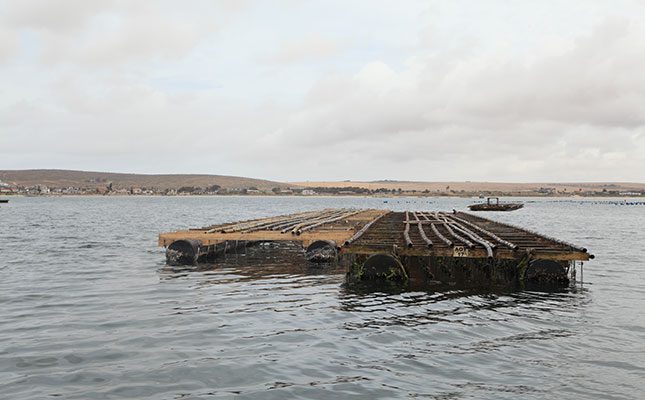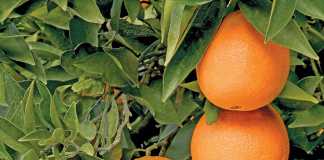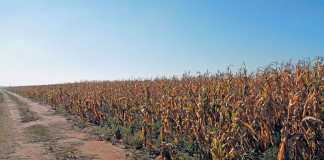
Photo: Glenneis Kriel
Bokamoso Lebepe, who coordinates the Marine Stewardship Council’s Fish for Good Project of WWF SA, came up with the idea to create the artificial intelligence-based solution that makes use of cameras and hydrophones to monitor whales and activate an emergency response after a whale died in 2020 when it got entangled with a mussel fishing rope near North Bay within the Aquaculture Development Zone in Saldanha.
The early-warning system will also be used to gather scientific data by recording the movement of marine life and could help to prevent ship strikes for other super pods, such as seals and dolphins.
The solution will be piloted in the Saldanha Bay Aquaculture Development Zone, after which it will be rolled out to other coastal areas and fisheries.
“We decided to pilot it in Saldanha because it is the only place in South Africa where mussels are grown, and because we did not want the mussel farming industry to become associated with whale entanglement,” Lebepe said.
Vos Pienaar, a mussel produce and marine biologist, told Farmer’s Weekly that mussels could only be produced in Saldanha along the South African coast because it was the only area offering waters that were sufficiently nutrient rich and protected from the open sea.
Mussel farming took off around the 1980s in South Africa and currently four producers landed about 3 500t of mussels per year. To put this in perspective, world production averages around two million tons per year.
The South African mussel industry employs 60 people at sea and another 400 in the downstream mussel-processing factories where mussels are cooked and frozen, mainly for the local catering market.
Pienaar said that whale entanglement was not a problem in the shallower areas of Saldanha, meaning chances were almost non-existent that whales would come near farms in this area.
The danger was much bigger in open, deeper water, where the mussels are grown on ropes that can stretch over hundreds of metres long.
“The Department of Forestry, Fisheries and the Environment has made 800ha of unfarmed ocean available for aquaculture to stimulate production. I don’t think that some parts of this ocean, near Big Bay and North Bay, are suited for mussel farming, and fear that these areas pose a high risk of whale entanglement.”
Vodacom has allocated R3,5 million per year for the next three years towards the partnership agreement. The system has not yet been installed, as technical specifications such as the placement on antennas and hydrophones are still being evaluated.
Sitho Mdlalose, chief executive officer of Vodacom South Africa, said the partnership was part of Vodacom’s commitment to ensuring a healthy planet for generations: “Our long-standing partnership with the WWF showcases how we all can play a part in making a positive difference to our planet’s longevity while uplifting communities that are facing social, economic and climate change challenges. In working together, as the private sector, public sector, non-government organisations and individuals, we can create a better sustainable future for all.”












